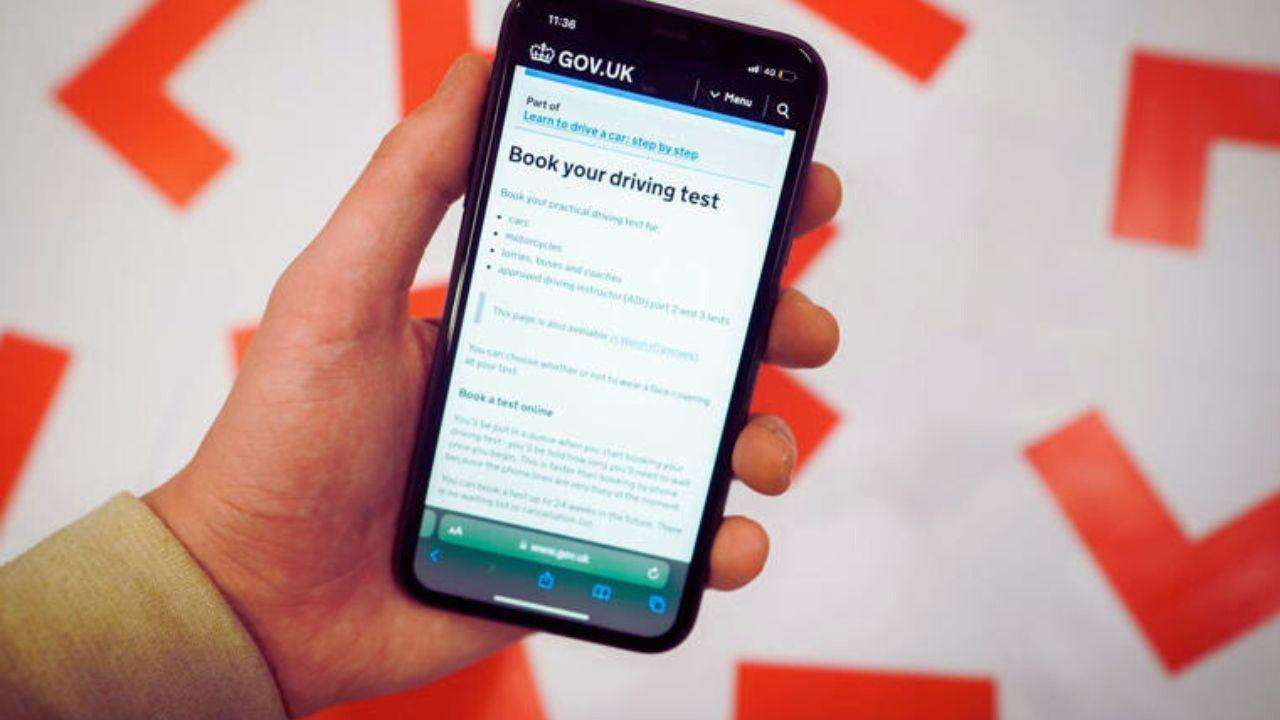When immigration attorney Hubert Montoya received an email from the U.S. Department of Homeland Security instructing him to leave the country or face deportation, he couldn’t help but laugh.
“I just found it ridiculous,” said Montoya, a U.S. citizen based in Austin, Texas.
However, as the Trump administration continues to dismantle the immigration policies set by previous administrations, more individuals are being swept up in a widespread deportation campaign.
U.S. Customs and Border Protection (CBP) has quietly started revoking two-year entry permits that were granted under the Biden administration to people who used the CBP One app to schedule appointments at U.S.-Mexico border crossings. Since January 2023, over 900,000 individuals entered the U.S. through this process.
Unlike Trump’s high-profile cancellation of Temporary Protected Status—which was formally announced and challenged in court—the termination of CBP One permits has largely flown under the radar. The Biden-era humanitarian parole program, which allowed people from Cuba, Haiti, Nicaragua, and Venezuela to enter the U.S. with financial sponsors, is also being affected.
CBP One cancellation emails began arriving unexpectedly in late March, with some recipients told to leave immediately and others given a week. Alarmingly, even U.S. citizens have received these messages.
One of them, Houston-based immigration attorney Timothy J. Brenner, originally from Connecticut, received a deportation notice on April 11. “I started to worry that the government might have a list targeting immigration attorneys to intimidate them,” he said.
CBP confirmed it had issued cancellation notices for temporary legal status under CBP One, though it didn’t specify how many. The agency said the messages weren’t sent to all 936,000 permit holders and admitted that some may have been mistakenly sent to citizens or attorneys if they had been listed as contacts.
Online forums show a rising sense of fear and uncertainty—something critics argue is a deliberate tactic. Brenner said three of his clients, frightened by the notices, chose to voluntarily return to El Salvador.
“We don’t even know how many people received these notices—that’s part of the issue,” said Hillary Li, legal counsel at the Justice Action Center. “We’re hearing from lawyers and individuals who are completely confused.”
Although Trump stopped new CBP One entries on his first day back in office, many who had already arrived believed they could stay until their permits expired. Those hopes were dashed by abrupt messages beginning with: “It is time for you to leave the United States.”
“It’s deeply unsettling,” said Robyn Barnard of Human Rights First. “People are hearing conflicting things in community chat groups and don’t know who might be next.”
Attorneys note that some CBP One recipients may still have time to seek asylum or other legal protections, such as within the one-year filing window.
In some cases, the notices have even gone to people with pending removal orders who are currently shielded under temporary protections. A federal judge in Massachusetts recently halted the deportation of over 500,000 people from Cuba, Haiti, Nicaragua, and Venezuela who arrived under a separate Biden-era initiative.
One such individual is Maria, a 48-year-old Nicaraguan woman living in Florida, who celebrated Trump’s election and entered the U.S. through that initiative. When she received the deportation notice, she said it felt like “a bomb.”
“It left me frozen,” she said. Speaking anonymously for fear of detention, she said she plans to continue working as a house cleaner and apply for asylum.


_7.jpg)

_8.jpg)



.svg)


